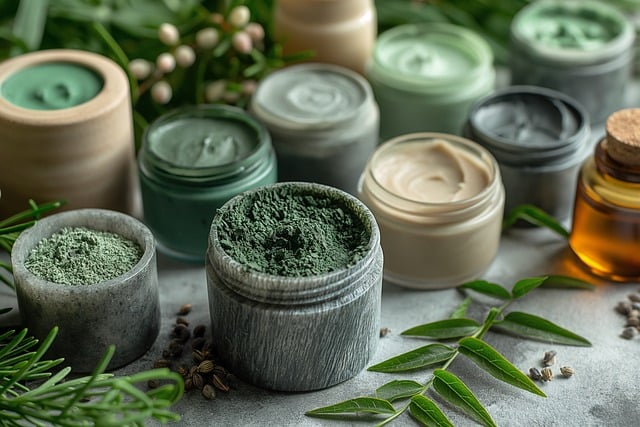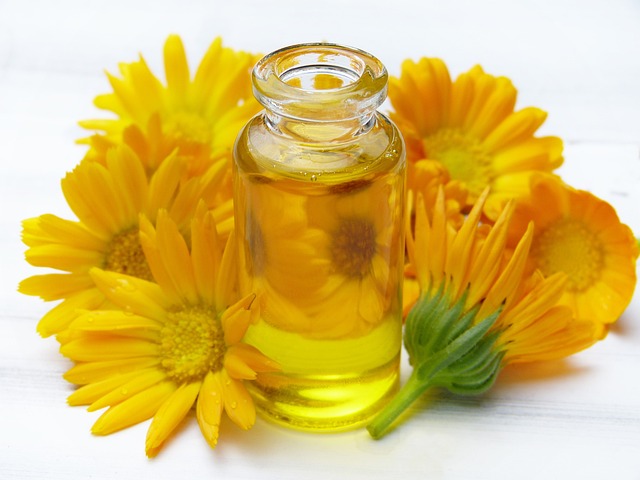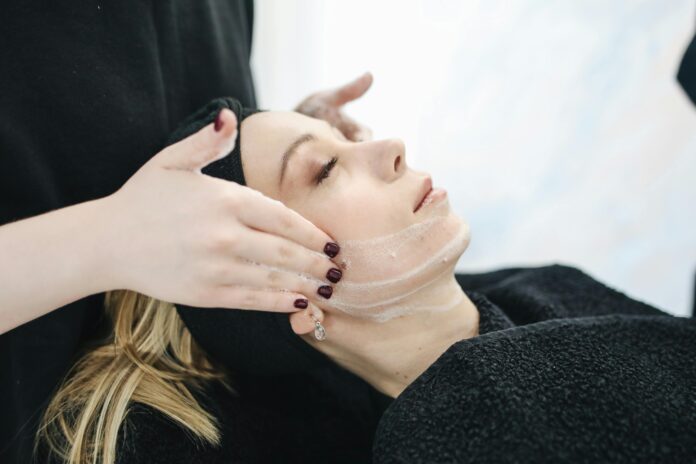Achieving healthy, radiant skin is a goal for many, but with endless skincare products, trends, and advice, it can be difficult to know where to start. Let’s simplify the path to a glowing complexion by focusing on science-backed practices and essential habits for all skin types. From understanding your skin’s needs to practicing effective routines, this guide covers all aspects of achieving and maintaining healthy skin.
Understanding Your Skin Type
The first step in any skincare journey is understanding your unique skin type, which influences how your skin reacts to various products and environmental factors. Here’s a breakdown of common skin types:
- Normal Skin: Balanced moisture and oil levels, fewer blemishes, and minimal sensitivity.
- Dry Skin: Lacks moisture, prone to flaking, tightness, and sensitivity.
- Oily Skin: excessive sebum production, shiny appearance, and more prone to acne.
- Combination Skin: Oiliness in the T-zone (forehead, nose, and chin) with dry or normal areas elsewhere.
- Sensitive Skin: Prone to redness, irritation, and reactivity to new products or weather changes.
Understanding your skin type allows you to choose the best products and practices for maintaining a balanced, healthy complexion.
Build a Simple and Effective Skincare Routine

A well-rounded skincare routine includes a few essential steps that can be tailored to suit individual needs. Here are the core elements:
Cleansing
Use a gentle cleanser that effectively removes dirt, sweat, and impurities without stripping your skin of its natural oils. For dry or sensitive skin, opt for hydrating cleansers, while oily or acne-prone skin may benefit from foaming or gel-based cleansers.
Exfoliating
Exfoliation helps remove dead skin cells that can clog pores and dull the complexion. Physical exfoliants (scrubs) can be abrasive, so opt for gentle chemical exfoliants (like AHAs or BHAs) a few times a week, depending on your skin type.
Moisturizing
Regardless of your skin type, hydration is essential. For oily skin, use a lightweight, non-comedogenic moisturizer, while dry skin benefits from richer, cream-based formulas. Combination skin can use lighter moisturizers in the T-zone and a more hydrating option for drier areas.
Sun Protection
Sunscreen is non-negotiable. Use a broad-spectrum SPF 30 or higher daily to protect against UV damage, prevent premature aging, and reduce skin cancer risk. Reapply every two hours if you’re outdoors for extended periods.
Maintain a Healthy Diet for Better Skin

What you eat directly impacts your skin’s appearance and health. Nutrient-rich foods, antioxidants, and hydration support skin structure and resilience.
Hydrate Consistently
Water aids in flushing out toxins and keeps skin cells hydrated. Aim for 8 glasses of water per day, and increase intake during hot weather or after exercise. Herbal teas and water-rich foods like cucumbers and watermelons are also beneficial.
Antioxidants for Protection
Antioxidants protect against environmental damage from free radicals. Include fruits like blueberries, strawberries, and oranges along with vegetables such as spinach, kale, and bell peppers to boost your antioxidant intake.
Healthy Fats for Moisture
Omega-3 fatty acids found in fish, walnuts, flaxseed, and chia seeds help keep skin supple and reduce inflammation. Healthy fats also support the skin barrier, reducing water loss and irritation.
Limit Processed Foods and Sugar
Processed foods and high-sugar diets can lead to glycation, a process that weakens collagen and elastin, leading to wrinkles and sagging skin. Opt for whole foods like fruits, vegetables, lean proteins, and whole grains instead.
Skin care: 5 tips for healthy skin
Manage Stress for Clear Skin

Chronic stress can disrupt hormone levels, which may lead to breakouts, dull skin, and conditions like eczema and psoriasis. Stress management techniques like deep breathing, meditation, yoga, and regular exercise can positively impact skin health. Sufficient sleep is also essential, as the body repairs and regenerates skin cells during rest.
Natural Ingredients for Skin Health
Nature provides a host of beneficial ingredients that can improve skin health without harsh chemicals. Here are some popular natural options:
- Aloe Vera: Known for its soothing, hydrating properties, it’s ideal for sensitive or sunburned skin.
- Tea Tree Oil: An effective antimicrobial agent, tea tree oil is great for treating acne when used sparingly.
- Honey: A natural moisturizer, honey helps retain moisture and has antibacterial properties that can reduce blemishes.
- Green Tea Extract: Rich in antioxidants, green tea can reduce inflammation and soothe irritated skin.
While natural ingredients are often beneficial, always conduct a patch test to avoid allergic reactions or sensitivities.
Common Skin Myths to Avoid

With so much information available, it’s easy to be misled by popular skincare myths. Here are some to watch out for:
- Myth 1: Oily Skin Doesn’t Need Moisturizer
- Fact: Moisturizing is essential for all skin types. Skipping it can actually increase oil production as skin tries to compensate for dryness.
- Myth 2: Tanning Helps Clear Acne
- Fact: While tanning might temporarily mask redness, UV exposure worsens acne and damages skin long-term.
- Myth 3: You Only Need Sunscreen on Sunny Days
- Fact: UV rays can penetrate clouds and even windows, so daily sunscreen is crucial regardless of the weather.
- Myth 4: Natural Ingredients Are Always Safe
- Fact: While generally safe, natural ingredients can still cause reactions. Testing and moderation are key.
Adapting Your Routine for Different Seasons
Your skincare needs may vary with seasonal changes, as factors like humidity, temperature, and sunlight exposure can impact skin health.
Spring and Summer
Focus on lightweight, non-greasy products, and increase SPF protection. Sweat and increased oil production may require more frequent cleansing, but avoid over-washing as it can strip moisture.
Fall and Winter
Use richer moisturizers and consider adding a hydrating serum to lock in moisture. Heaters can dry out the air, leading to flaky skin, so humidifiers can be beneficial.
Hydrate from the Inside Out

Proper hydration keeps skin cells plump and resilient. Dehydration can make skin appear dull and emphasize fine lines. Aside from drinking enough water, incorporate hydrating foods like cucumbers, oranges, and celery.
Topical Hydration
In addition to drinking water, hydrating serums containing ingredients like hyaluronic acid can help retain moisture on the skin’s surface, creating a healthy, dewy look.
Consulting a Dermatologist
Sometimes, achieving healthy skin requires professional guidance, especially for persistent issues like acne, eczema, or rosacea. Dermatologists can provide tailored treatments and recommend products suited to your skin type and specific concerns.
When to See a Dermatologist
- Persistent or severe acne
- Unexplained rashes or irritation
- Suspected allergies to skincare products
- Dark spots or hyperpigmentation that don’t fade with over-the-counter products
Embrace a Long-Term Approach
Healthy skin is the result of consistent care and a commitment to practices that nourish and protect. Here are some key habits to focus on:
- Patience is Key: Skincare results can take weeks to months to become visible. Avoid switching products too often, as this can irritate the skin.
- Stay Informed But Not Overwhelmed New skincare trends can be exciting, but don’t feel pressured to try every new product or technique. Stick to what works for you.
- Prioritize Skin Health Over Perfection: Every person’s skin has natural variations, and occasional blemishes or texture are normal. Embrace your skin’s uniqueness and aim for a healthy, balanced approach to skincare.

















